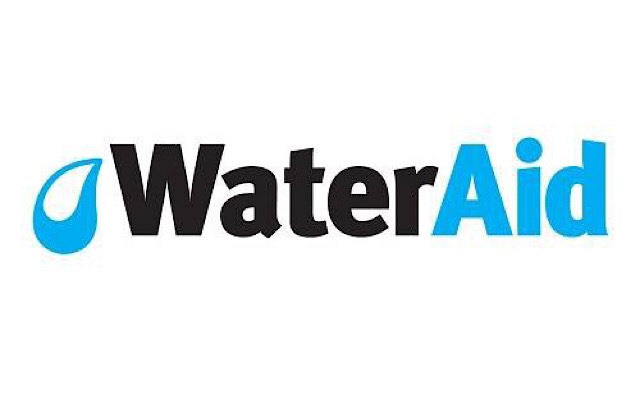By Muhammad Amaan
WaterAid on Monday called for the establishment of a strong Water, Sanitation and Hygiene (WASH) system accessible to all.
The Country Director, WaterAid Nigeria, Ms Evelyn Mere, said this in an interview with newsmen on the sidelines of a workshop for WASH System Building Block Assessment in Nigeria held in Lagos.
Mere said part of WaterAid strategies was to drive the attainment of Sustainable Development Goal (SDG) 6.1 and 6.2.
“We realise that one of the key approaches that we must use is to recognise the place of a strong WASH system and to make sure everyone has access to water sanitation and hygiene.
“And if attention is paid to the building blocks and the system is strengthened, then it becomes possible to drive universal access to safe, equitable and sustainable water services.
“In another way, you can also look at what the priority blocks are,” Mere said.
The country director listed some of the key priority blocks as government leadership, adequate financing, regulation and accountability, coordination and integration.
Other key priority areas, according to her, include the place of citizens that are empowered to demand good services and keeping a window open to ensure that women participate.
She also said the building blocks should include people with disabilities that are able to be part of a process with policy planning strategies.
“The idea is that skills exist and our role is to animate and catalyse a clearer understanding of what needs to be done with state players and the public sector players, with community leaders in the driver’s seat.
“And so, for this week, we looked at what the wash system is like presently. So, that creates a baseline from which we can work.
“If we look at that wash system, we’ll look at what the barriers are to a stronger system.
“And then all through the next four to seven years, we are going to be working with the state to make sure those barriers are removed.
“And once the barriers are removed, you have a stronger system that will translate to an enabling environment for the delivery of sustainable and safe services for the citizens,” Mere said.




